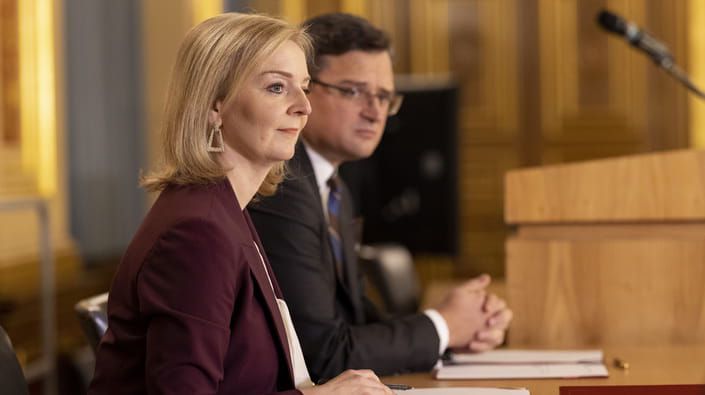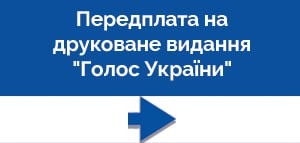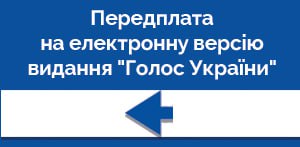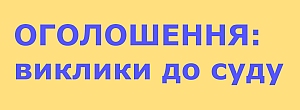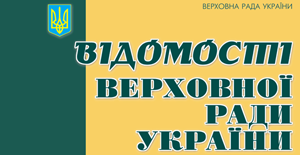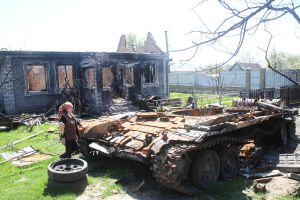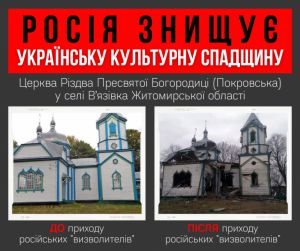He made this announcement during a joint news conference with UK Foreign Secretary Elizabeth Truss who was in Kyiv with an official visit.
“Our three nations − the joint statement reads − will intensify our joint work to safeguard stability and build resilience in Ukraine, strengthening democracy at the frontier in Eastern Europe.”
The statement stresses that the United Kingdom and Poland will continue to provide Ukraine with support, standing in unity with Ukraine, in the face of ongoing Russian aggression, and fully committed to stand with the Ukrainian nation in its efforts aimed at defending Ukraine’s sovereignty, independence and territorial integrity within its internationally recognized borders.
Kuleba noted earlier, “Ukraine cannot expect to have security and prosperity some day in the future when it becomes a member of the European Union and NATO. Ukraine needs them now. That’s why we are seeking the practical strengthening of our security by uniting with friendly and close-in-spirit countries in small alliances.”
Ahead of her visit to Kyiv, Liz Truss warned not to be “lulled into a false sense of security” by the announcement of the Russian Federation about the pull-out of its troops from Ukraine’s borders. “Despite Russia’s claims, the military build-up shows no signs of slowing down. There is currently no evidence that forces are withdrawing,” the British Foreign Secretary said.
Speaking at the press conference in Kyiv, Liz Truss noted that Russia would pay a serious price in case of invasion. She announced an additional £12m on democracy and energy independence projects in Ukraine.
She also said, "We must have no illusions that Russia could drag this out much longer in a brazen ploy to spend weeks more – if not months – subverting Ukraine and challenging Western unity."
NATO Secretary General Jens Stoltenberg shares her opinion. He is sure that peace and stability across the Euro-Atlantic space is under threat. In this respect, the Secretary General said, "Russia has, yet again, demonstrated its disregard for the principles underpinning European security and its ability and willingness to threaten the use of force in pursuit of its objectives." He added, "Unfortunately, I am afraid this is the new normal which we need to be prepared for."
Meanwhile, the situation has worsened in Donbas over the past few days. Russian puppets have violated the regime of silence 60 times with the use of weapons that have been banned by the Minsk agreements. Two Ukrainian soldiers have been wounded. Two civilians have been injured. And three more have been shell-shocked.
According to Defense Minister of Ukraine Oleksiy Reznikov, such massive shelling has not been registered for the past several years. The Russian Federation is stepping up a disinformation campaign to justify the increased escalation against Ukraine.
Observers claim that the current dramatic aggravation of the situation in Donbas has actually coincided with the letter of response the Kremlin gave to the American side on February 17 regarding the Russian-American draft treaty on legal security guarantees.
Thus, Russia accuses the American administration of having failed to give a constructive answer to the basic elements of the draft treaty.
In fact, Moscow once again makes unacceptable demands which include a ban on further expansion of NATO eastward. Russia calls to revoke the Bucharest Memorandum which contains provisions for Ukraine and Georgia to become members of the Alliance. Furthermore, NATO must not set up new bases in the territories of the former Soviet republics which are not members of the Alliance. It must return its troops, weapons and military infrastructure to where they were stationed in 1997 before the states of Central and Eastern Europe had joined the Alliance. The Kremlin leadership threatens with military and technical measures if Washington is not ready to negotiate.
On February 17, State Secretary Antony Blinken spoke at UN Security Council meeting on Ukraine. He told those present about probable scenarios of Russian escalation in Ukraine particularly missiles shelling and massive ground onslaught. Blinken explained why the United States wants to make this information public.
He in part said the following, “And here today, we are laying it out in great detail, with the hope that by sharing what we know with the world, we can influence Russia to abandon the path of war and choose a different path while there’s still time.
“Now, I am mindful that some have called into question our information, recalling previous instances where intelligence ultimately did not bear out. But let me be clear: I am here today, not to start a war, but to prevent one. The information I’ve presented here is validated by what we’ve seen unfolding in plain sight before our eyes for months. And remember that while Russia has repeatedly derided our warnings and alarms as melodrama and nonsense, they have been steadily amassing more than 150,000 troops on Ukraine’s borders, as well as the capabilities to conduct a massive military assault.
“If Russia doesn’t invade Ukraine, then we will be relieved that Russia changed course and proved our predictions wrong. That would be a far better outcome than the course we’re currently on.”
The newspaper Voice of Ukraine


